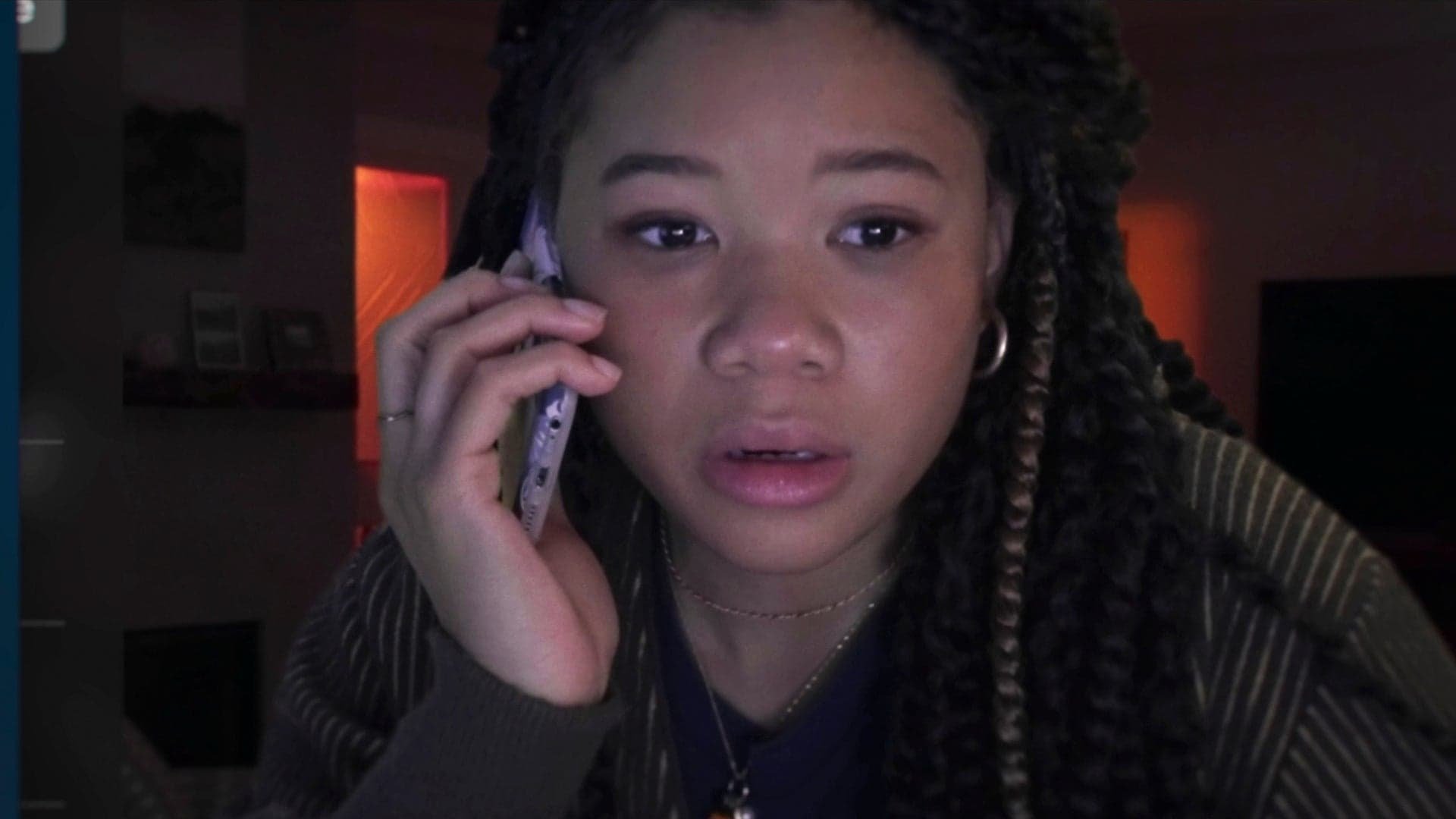Missing
Sony Pictures ReleasingThe horror and thriller genre is one of the biggest when it comes to evolution and development. In a constant search for new ideas and methods of presentation that will connect with audiences, the genre proved to be a foundational tool in the development of the found footage genre which eventually evolved into the screenlife genre. Taking place entirely on the screens of computers, tablets, smartphones, smartwatches, and other pieces of technology, screenlife is a concept that provides unique opportunities for creativity and tension. Without a doubt, the biggest screenlife project to date is Aneesh Chaganty's Searching which was a breakout hit of 2018 and really showed the potential for the style. 5-years later, and the big screen is returning to the world of Searching with the standalone sequel, Missing. Directed and written by Nick Johnson and Will Merrick, who previously served as the writers of Searching, Missing follows a teenage girl named June (Storm Reid) whose mother, Grace (Nia Long), goes missing in Colombia while on vacation with her new boyfriend named Kevin (Ken Leung). While the style and presentation of Missing are similarly impressive to Searching, the film is overwhelmingly less clever and crafted with logic and reason being thrown out the window at every turn.
The screenlife genre is one defined by limitation. For every frame, the film has to find an excuse and way to show the narrative and emotional developments of its mystery. Naturally, this is going to lead to some unnatural choices that one has to overlook to accept the concept even on a base level. Of course, the FaceTime camera is going to be constantly on with characters in frame and things like live webcams will be presented in a higher definition than they ever would be in real life. If one can look past these forced decisions, Missing is rather fantastic as its presentation. The story is dynamic and fast-paced as it builds a rather compelling mystery with some genius uses of technology to advance the plot. It is obvious that Nick Johnson and Will Merrick are incredibly comfortable and thoughtful when it comes to building a film under this style and their confidence is noticeable in the film's technical execution.
The mystery itself is also a strong one, at least for the first two-thirds of the film. In the build towards the actual reveal, the film is excellent when it comes to dragging audiences along for every twist and turn as expectations are constantly put into check. The film gives the audience plenty of open ends and possible ideas to debate and wrestle with as it feels like truly anyone could be guilty at every turn. This is easily one of the more engaging mysteries to be released in recent memory and is undeniably fun to pick apart as the runtime roles. This is, unfortunately, until the film reveals its true cards.
Missing is a film built on stupid logic. While the experience is overall saved due to how fun the film can be, there is no denying that details such as June using an errand-running service website to hire a guy to find security camera footage and try to identify a timeline or her ability to find nearly any password or phone number from the internet are insane jumps in logic, but under the entertaining thriller banner, these are plot issues possible to overlook for the sake of an entertaining roller coaster experience. The third act of the film loses the plot completely sadly with a convoluted mess of logic that is impossible to follow or enjoy. The film pushes so far into the realm of terrible thriller reveals that it almost becomes ironically comedic at the worst possible point. It also should be said that while the mystery is somewhat obvious for anyone looking for possible twists and turns, the film gives very little of substance to actually suggest this ending which is sure to frustrate those trying to make all the clues fit.
This third act also sees a wild shift in filmmaking quality and ability. The screenlife style is pushed to new extremes that it simply cannot hold up against. The style severely undercuts many of the emotional beats here and ultimately feels demanding of a rewrite. The performances also end up really struggling. Throughout the feature, a rather strong ensemble is formed with Storm Reid succeeding as the lead and the supporting case being filled with fun little gems. Hurt by both style and writing, these performances rapidly go down the drain with even Reid herself failing to capture the gravitas and weight of the grand finale. It truly is an awful conclusion that fails to give the needed final statement to make the overall experience worthwhile.
While there is a way to have dumb fun in the thriller genre, Missing struggles to find this success. While it appears that the film is on the pathway toward this more respectable fate, it quickly loses all sense of craft or follow-through due to an almost laughably bad final act. While the screenlife genre still proves to be one with potential, Missing might just be one of its weaker showcases of it. Hopefully, if this light franchise continues, it can get back on track without another miss like this.


